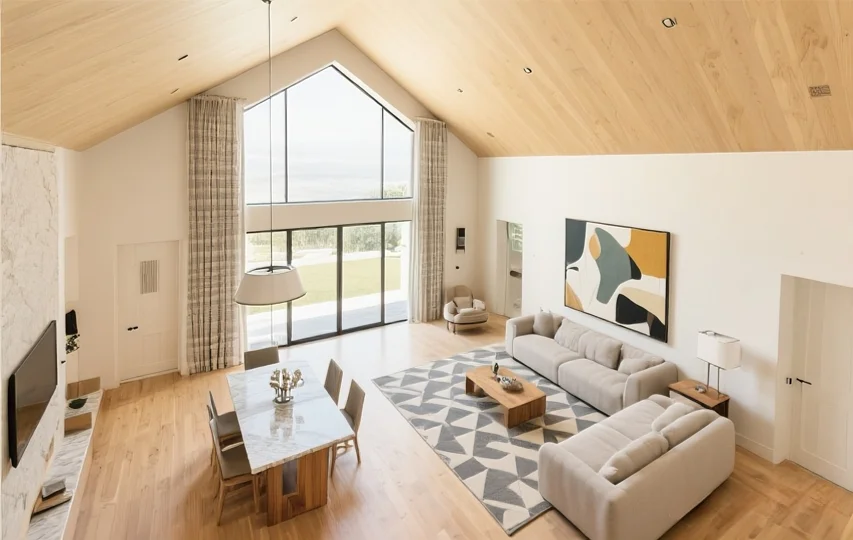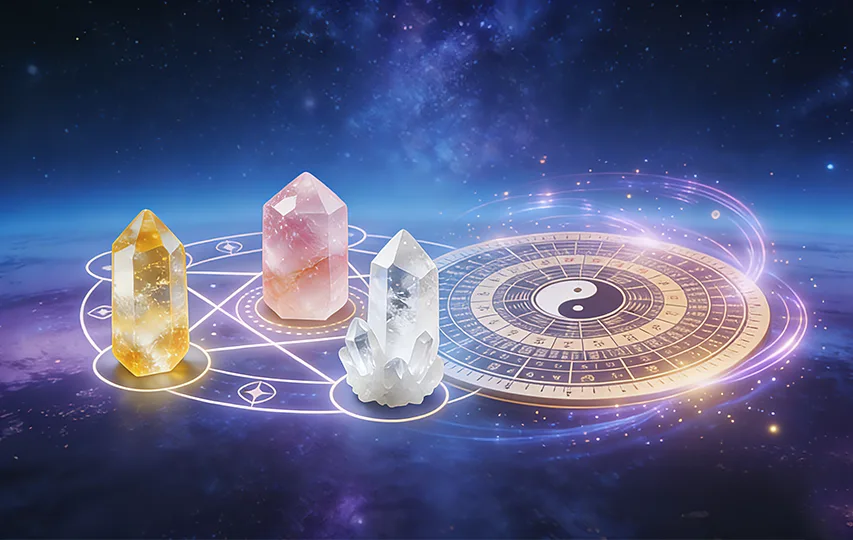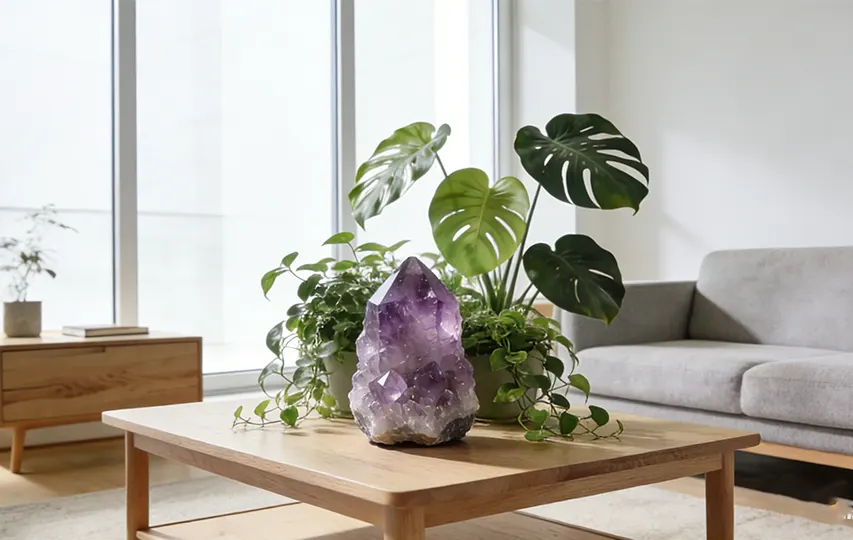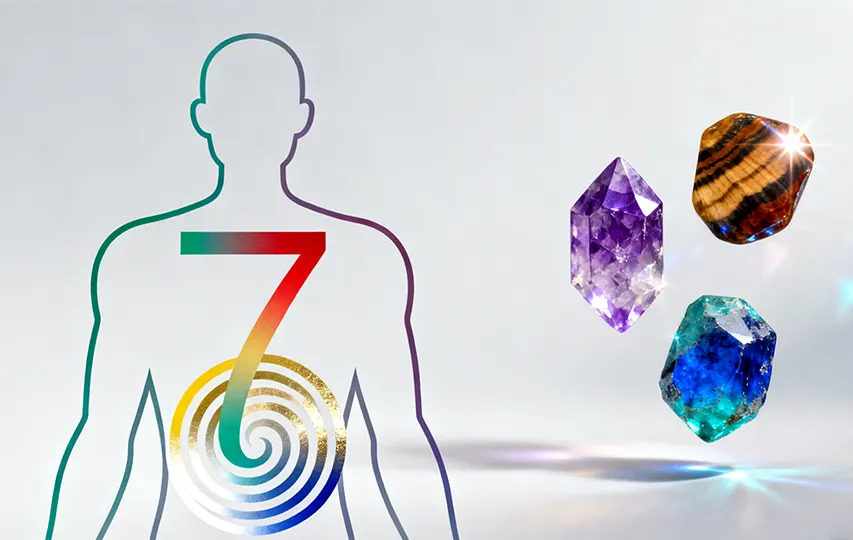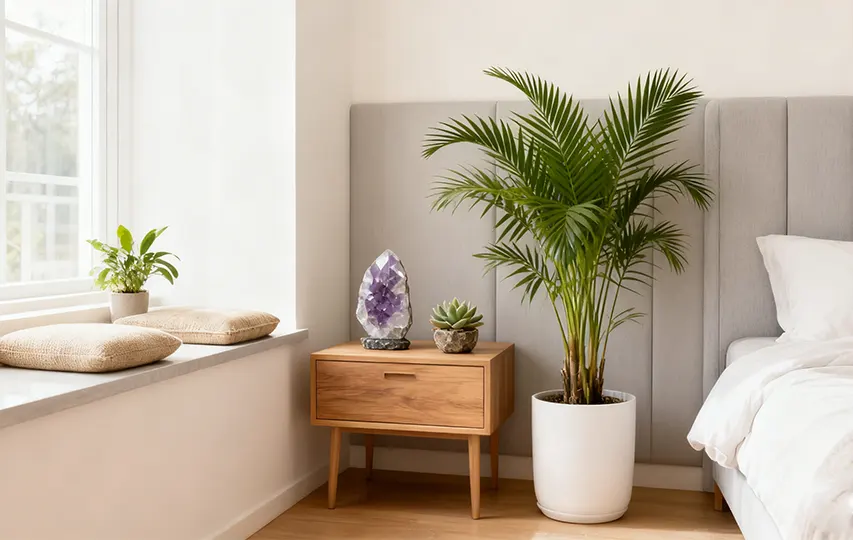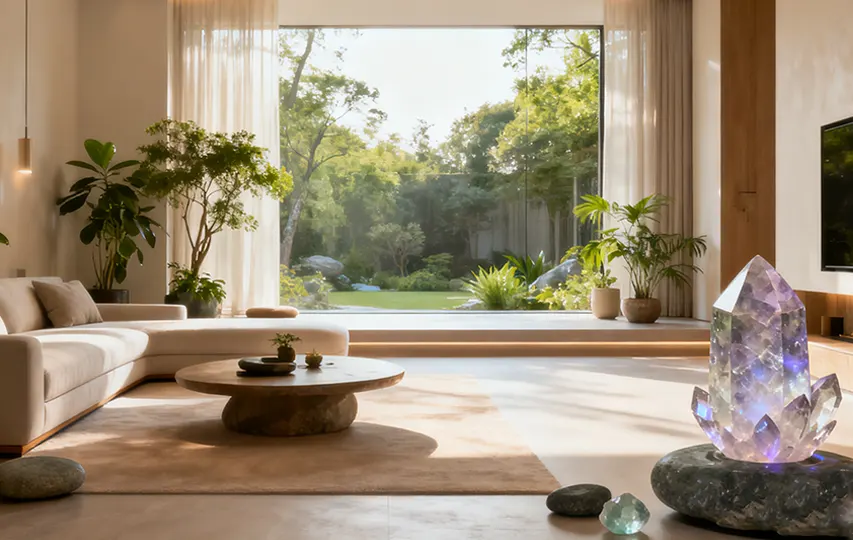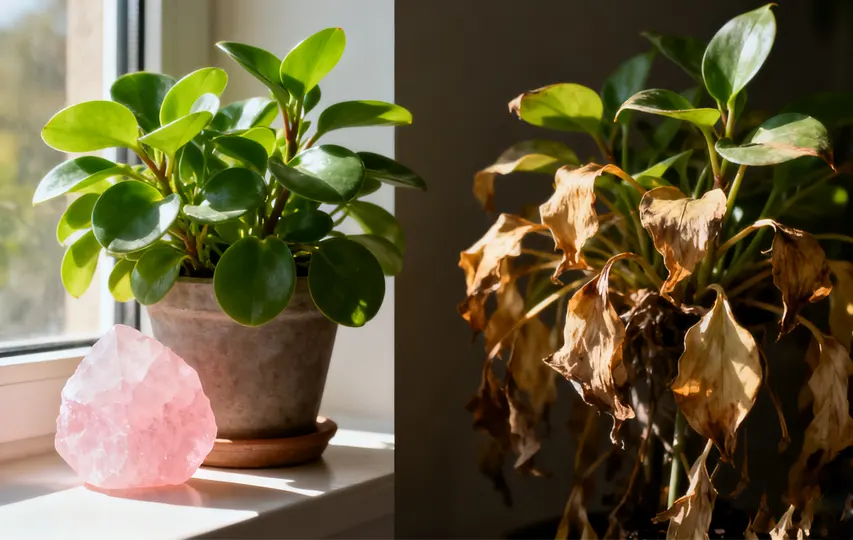Feng Shui and Wellness: In today’s fast-paced world, more Americans are prioritizing mental and physical well-being. Feng Shui, an ancient Eastern practice, offers a unique blend of science and tradition to optimize home environments for health and vitality. By tweaking details like bed placement, sofa arrangement, and plant choices, you can improve sleep, reduce stress, and boost energy, transforming your home into a true sanctuary for restoration.
1. Sleep’s “Silent Guardian”: Bed Placement and Bedroom Layout
Sleep consumes a third of our lives, and bedroom Feng Shui plays a critical role in its quality. According to Feng Shui principles, position your bed with the headboard against a solid wall for a sense of “support,” avoiding windows or direct alignment with the door to prevent disruptive energy flows. Modern research backs this up: aligning the bed north-south with Earth’s magnetic field reduces circulatory resistance, deepening sleep. For example, placing the headboard facing south or east aligns with Feng Shui’s “vital energy” direction and uses natural light to regulate your circadian rhythm, helping you rest faster.
Bedroom colors and lighting matter too. Soft warm tones like beige or pale yellow boost melatonin production, while cool tones like light blue ease anxiety. Avoid vibrant reds or purples, which can overstimulate the nervous system. A warm yellow nightlight ensures safe nighttime movement without disrupting melatonin.
2. Energy Flow “Regulator”: Sofa and Living Room Layout
The living room, as the heart of family activity, shapes your home’s energy. Feng Shui suggests placing the sofa against a solid wall for stability, avoiding windows or walkways to foster security. If a wall isn’t an option, create a “virtual backing” with a screen, low cabinet, or tall plants like a money tree to stabilize energy flow.
Position one side or the entire sofa in the “wealth corner” (the 45-degree angle from the main door) to activate prosperity and harmony. Keep the living room well-ventilated, brightly lit, and clutter-free to ensure smooth “chi” flow. Studies show bright spaces increase serotonin, improving mood and immunity.
3. Nature’s “Green Pharmacy”: The Power of Plants
Indoor plants purify air and carry symbolic energy. Evergreens like pothos or bamboo release oxygen, absorb toxins, and bring “endless vitality.” Monstera, with its tortoise-shell-like leaves, symbolizes longevity, ideal for homes with the older people.
Avoid spiky plants like cacti, which may stir conflict, and opt for round-leafed varieties like rubber plants for harmony. Place plants in the east or southeast (wood element zones) to leverage Feng Shui’s five-element synergy, amplifying health benefits.
4. Stress-Relief “Space Magic”: Colors and Materials
Color psychology and Feng Shui combine for powerful stress relief. Blue lowers heart rate and anxiety, perfect for bedrooms or meditation spaces, while green boosts circulation and focus, ideal for offices. Natural wood (oak or walnut) releases phytoncides, offering antibacterial and calming effects, while metal (like stainless steel) enhances energy flow in living or dining areas.
In open-plan kitchens, avoid aligning the stove and sink directly to prevent “water-fire clash,” which may disrupt health. Use an L-shaped layout and earthy tones like yellow or beige to ground energy. For lofts or unique spaces, light-colored walls and ample lighting prevent a heavy atmosphere. Hang a gourd or place a crystal ball to neutralize negative energy.
5. From Theory to Practice: Real-Life Feng Shui Success
American households have seen tangible benefits from Feng Shui. A Boston apartment complex integrated greenery and quartz crystals to balance geomagnetism, with residents reporting better sleep and productivity. In another case, Mr. Lee’s family repositioned a living room mirror and added a landscape painting, leading to fewer respiratory issues and improved moods.
Conclusion
Feng Shui isn’t mysticism—it’s an ancient system of environmental optimization rooted in natural patterns. From geomagnetic effects on sleep to plants’ air-purifying benefits, modern science is catching up. Thoughtful home adjustments create not just beauty but a healthier, more vibrant space. Start with bed placement or a few plants, and let Feng Shui become your home’s “silent guardian” for wellness.
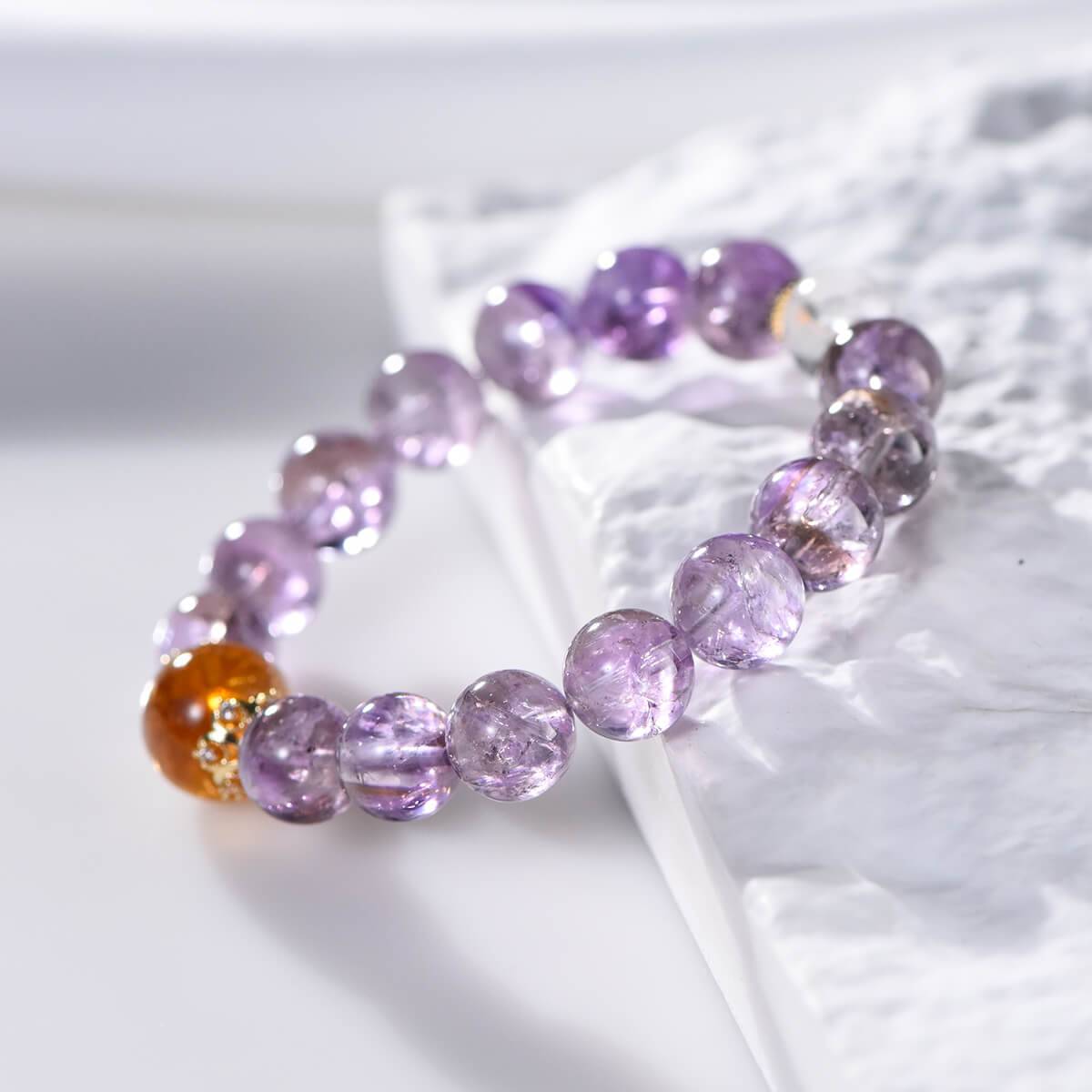

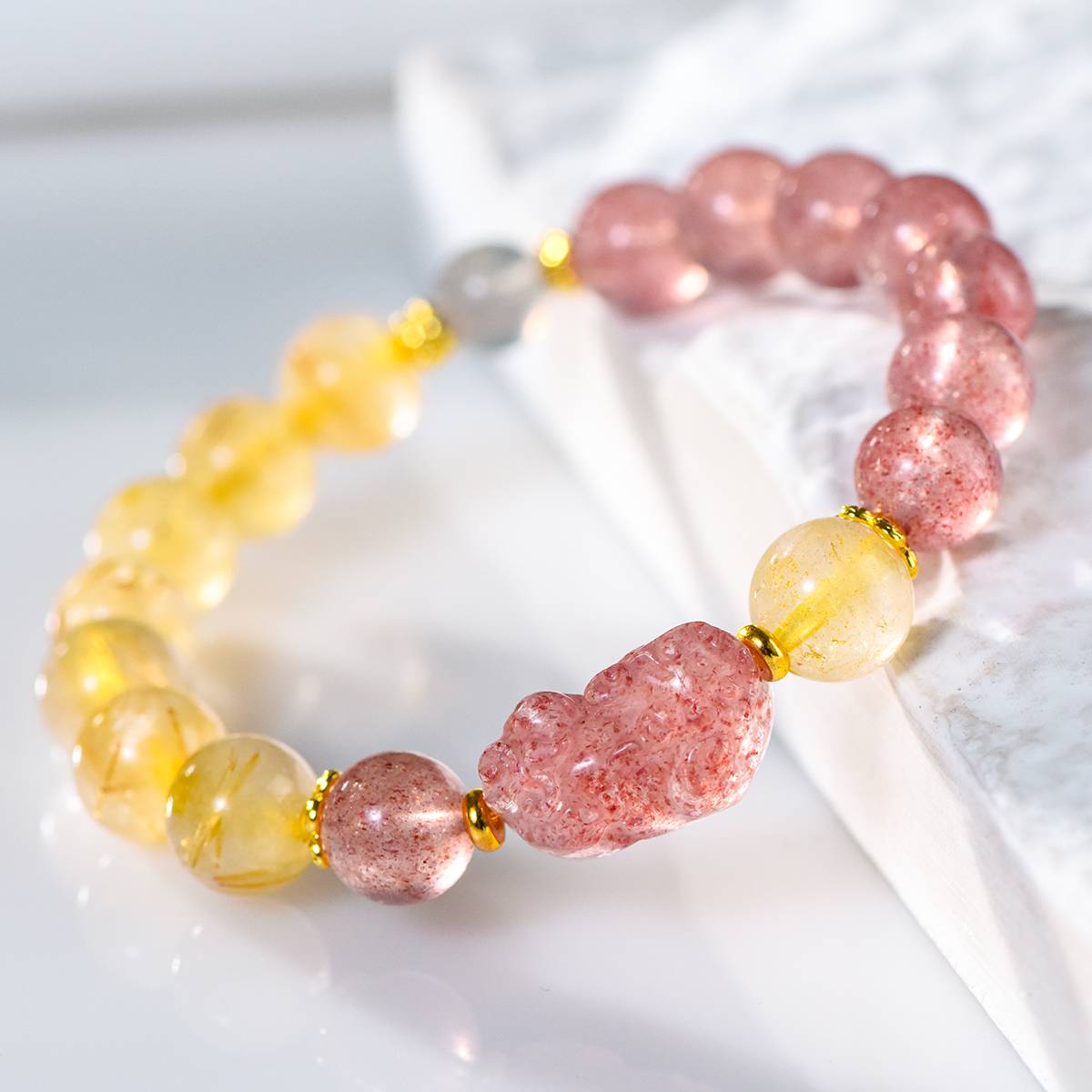
Get to Know Your Five Elements for Free
Get to Know More about Feng Shui

